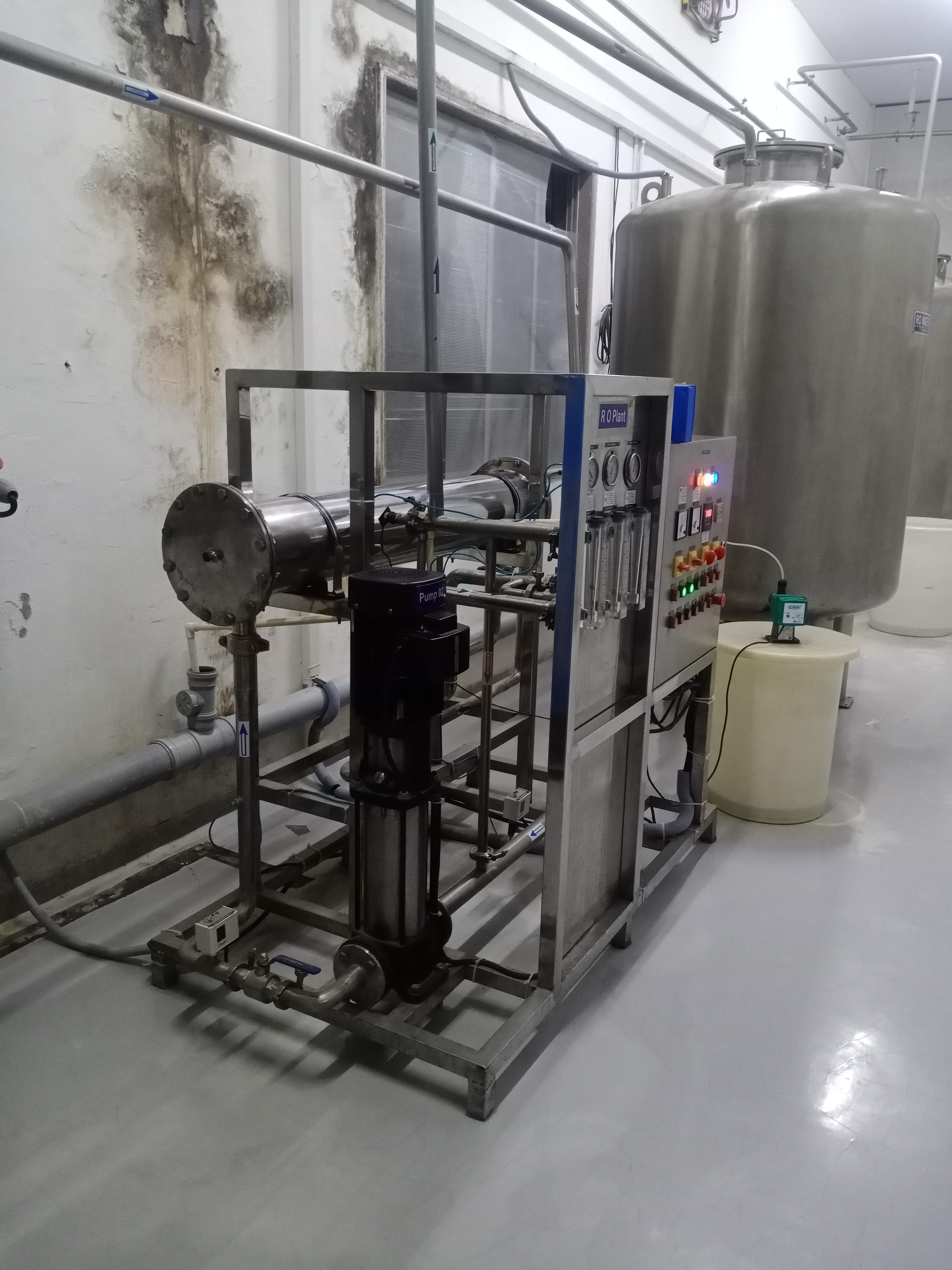RO Plant in Bangalore

An RO plant, also known as a Reverse Osmosis plant, is a water treatment system that utilizes the process of reverse osmosis to purify water. Reverse osmosis is a membrane filtration technology that removes impurities and contaminants from water by applying pressure to force water molecules through a semipermeable membrane. Before the water enters the reverse osmosis system, it undergoes pre-treatment to remove larger particles, suspended solids, and sediment. Pre-treatment may include processes such as sediment filtration, activated carbon filtration, and chemical dosing to adjust pH and remove chlorine.The heart of the RO plant is the reverse osmosis membrane. Water is pressurized and forced through the semipermeable membrane, which acts as a barrier to separate the water molecules from dissolved salts, minerals, organic compounds, and other impurities. The purified water (permeate) passes through the membrane, while the concentrated impurities (reject stream) are flushed away. The concentrate or reject stream containing the concentrated impurities is discharged from the RO plant. Proper disposal methods need to be considered to ensure compliance with local regulations and minimize environmental impact. RO plants are widely used for various applications, including drinking water purification, wastewater treatment, industrial process water treatment, and desalination of seawater or brackish water. The size and capacity of an RO plant can vary depending on the specific application and water demand.
